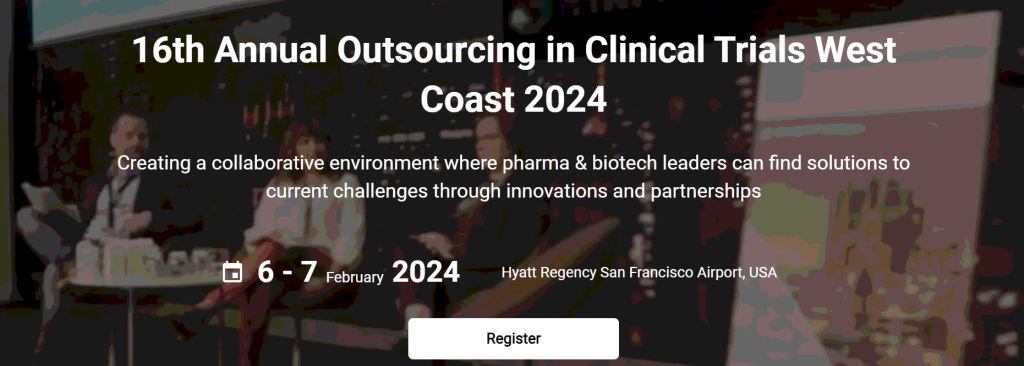Running a successful clinical trial requires a combination of sector expertise, an eye towards emerging technologies and efforts to consider oft-ignored aspects around patient perspectives and diversity.
These and other topics related to clinical development will be at the forefront of the discourse at the upcoming 16th Annual OCT West Coast conference, which will be held 6-7 February in Burlingame, California.
Given the various stakeholders involved in the clinical research and development of novel drugs, three distinct tracks at the conference have been scheduled to feature different experts.
The outsourcing and clinical operations stream, which revolves around navigating challenges faced by service providers—key players involved in the operational aspects of a clinical trial—will feature topics ranging from the impact of the new Clinical Trial Information System (CTIS) in Europe to the strategies for reducing site burden. Experts from Premier Research, and local biotechs like Recode Therapeutics Abcuro will be sharing their insights on outsourcing strategies on the first day. The agenda for the following day is set to dig even deeper into the CRO-sponsor relationship, with panels on navigating imaging vendor selection, and design concepts in product development and much more.
A second track on clinical innovation and technology will allow speakers to share their thoughts on a technology that has been particularly transformative in the last two years—artificial intelligence (AI). In 2023, AI, and particularly generative AI was the clinical research sector’s favourite buzzword with all stakeholders investigating how to use this technology to run clinical trials in a faster and more efficient manner.
Over two days, experts will delve into the high expectations with ePROs or electronic patient reported outcomes, which were originally hailed as an effective technology that could improve diversity. Experts have told this publication how low reporting rates have made it difficult to measure an impact. Additionally, a session will also explore innovative technologies in medical device trials and how CROs and sponsors can navigate those on a local and international level.
A third track on patient engagement and diversity and inclusion, comes at a time when patient advocates and organisations are increasingly becoming an integral part of clinical trial operations. Given the increased focus on the need to enrol diverse populations, one presentation will go into the Diverse and Equitable Participation in Clinical Trials (DEPICT) Act, while another will evaluate how patient-informed protocols can help drive successful trials.
An additional stream on medical devices on 7 February, will be centered on the distinct issues influencing medical device approvals, like the importation landscape, and the regulatory framework for devices, among several prescient topics.









